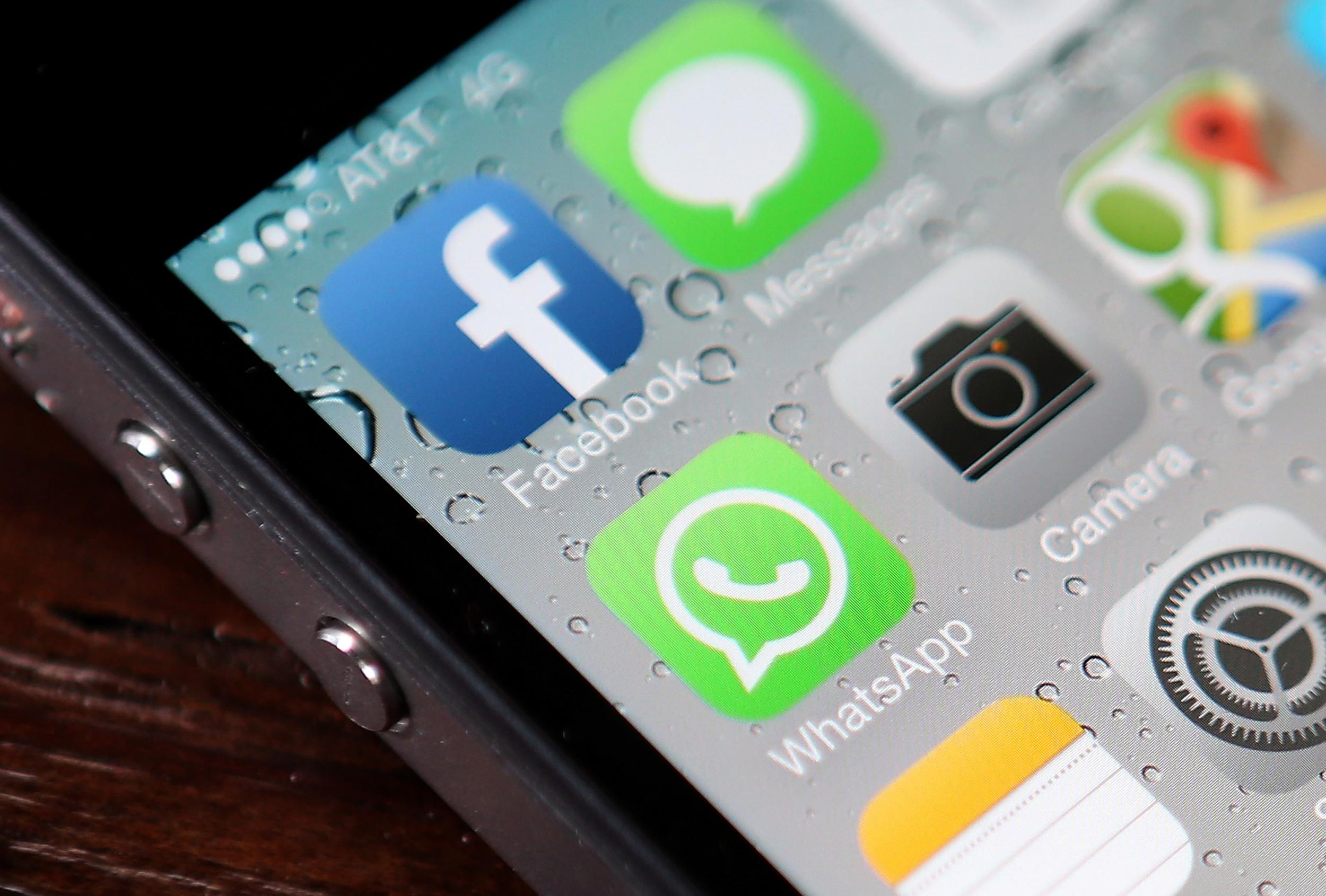Your support helps us to tell the story
From reproductive rights to climate change to Big Tech, The Independent is on the ground when the story is developing. Whether it's investigating the financials of Elon Musk's pro-Trump PAC or producing our latest documentary, 'The A Word', which shines a light on the American women fighting for reproductive rights, we know how important it is to parse out the facts from the messaging.
At such a critical moment in US history, we need reporters on the ground. Your donation allows us to keep sending journalists to speak to both sides of the story.
The Independent is trusted by Americans across the entire political spectrum. And unlike many other quality news outlets, we choose not to lock Americans out of our reporting and analysis with paywalls. We believe quality journalism should be available to everyone, paid for by those who can afford it.
Your support makes all the difference.Apple should stop selling its popular iPhone line in the UK if a new law banning fully encrypted communications is passed, the founder of Wikipedia has said.
Jimmy Wales, who set up the online encyclopaedia in 2001, described the draft Investigatory Powers Bill as “stupid”.
“I would like to see Apple refuse to sell iPhone in UK if government bans end-to-end encryption,” he said on Twitter. “Does Parliament dare be that stupid?”
iPhones include a messaging programme called iMessage which would likely fall under the provisions in the bill banning “strong” end-to-end encryption of messages.
The proposed law, to be published in its full draft from on Wednesday by the Home Secretary Theresa May, will mandate internet and technology companies to hand over communications data on request.
This means that encryption on communications would in theory have to be breakable by those firms in some way.
Apple currently says it could not give iMessage data to authorities even if it wanted to, because of the strong encryption it uses on the service. It has already made this legal argument to authorities in the United States.
Facebook, WhatsApp, and Google are also all introducing or have introduced end-to-end encryption in their messaging systems to match Apple's.
Ministers have already rowed back from earlier comments suggesting that encrypted communications should be explicitly banned altogether.
David Cameron said in July there should be no “means of communication” which “we cannot read” – which would, despite government protests, require banning the end-to-end encryption of communications.
The Government however faced a backlash after observers pointed out that this would mean banning popular messaging programmes like WhatsApp, iMessage, and Snapchat.
But experts have warned that if badly implemented, the new law would still ban those apps – despite ministerial claims that it wouldn’t.
Other provisions in the draft bill will require internet companies to store browsing histories for 12 months, with the results accessible to the security services.
Mr Wales is a long-standing campaigner for an open and free internet and has previously spoken out on issues regarding intellectual property reform and privacy.
The Independent has approached Apple for comment on this story.

Join our commenting forum
Join thought-provoking conversations, follow other Independent readers and see their replies
Comments